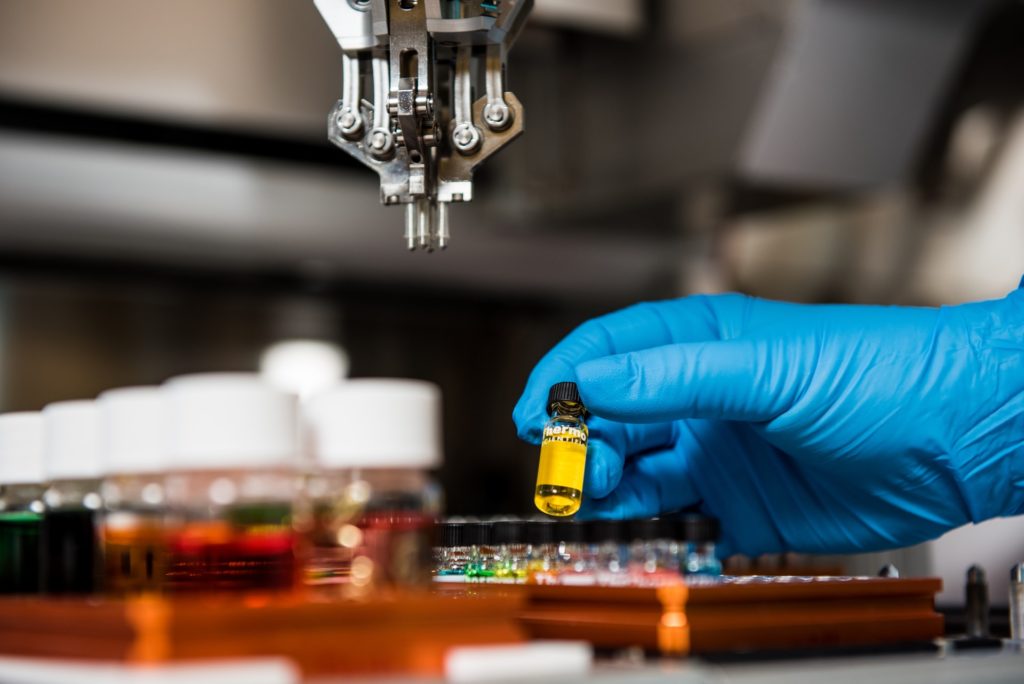Many of the new cancer drugs coming onto the market in Belgium are too expensive, and often ineffective, according to a new report from the Belgian Health Care Knowledge Centre (KCE).
The report, titled in English ‘Do innovative medicines against cancer always have a real added value?’ looks at two main issues: how anti-cancer drugs are supported by the arrangements in force to approve them and then make the cost reimbursable by health insurance. And then: does the effect of the drugs justify the cost, as well as the hope given to the patients.
The rush of new drugs to fight cancer is relatively new, and the costs show the evolution. In 2007 the social security gave out €140 million on innovative cancer drugs. By 2019 the cost had gone up to more and one billion euros – a more than sevenfold increase.
Once approved by the European Medicines Agency (EMA), the manufacturers of a new drugs are free to negotiate terms with the individual states. And in Belgium, the KCE found, those negotiations more and more often take the form of a managed entry agreement (MEA) which is supposed to allow time for the manufacturer to provide the necessary evidence of effectiveness.
“Unfortunately, the system offers no incentive for providing reliable evidence in an effective way,” the report states.
In addition, the MEA route means that questions of money remain secret. The whole process is lacking in transparency, the report says.
On the matter of effectiveness and outcomes, the report’s research was voluminous.
The KCE was provided with data on 891,000 tumours in 814,000 patients diagnosed between 2004 and 2017. It then gathered information on the reimbursement of new cancer drugs.
Finally, data was gathered on patient survival. In all cases, the figures relate to 12 types of cancer.
Those 12 types of cancer involved the use of 40 different cancer drugs, and the outcomes were assessed by the use of reports in the literature of randomised control trials – the one means the KCE insists gives valuable information.
“In line with findings published in international literature, the analysis of the Belgian observational data indicates that automatically associating 'innovative' oncological drugs with a (great) added value in terms of patient survival is unjustified,” the report concludes.
In 2019, the federal parliament passed a rule that would allow the Court of Auditors some access to the confidential matters involved in the MEAs used to determine drug reimbursement. The rule was the initiative of MP Jan Bertels (then sp.a).
“But this has not led to the desired transparency for researchers and for the general public,” the KCE now writes.
Bertels is now the head of the office of health minister Frank Vandenbroucke (Vooruit).
“The study clearly shows that the overall improvement we were hoping for is unfortunately not being achieved in practice,” Bertel now tells Het Nieuwsblad.
“We support the study's recommendations and ask that everyone takes them to heart. Innovative therapies should and must remain evidence-based. The needs of our patients and the interests of public health are paramount.”

